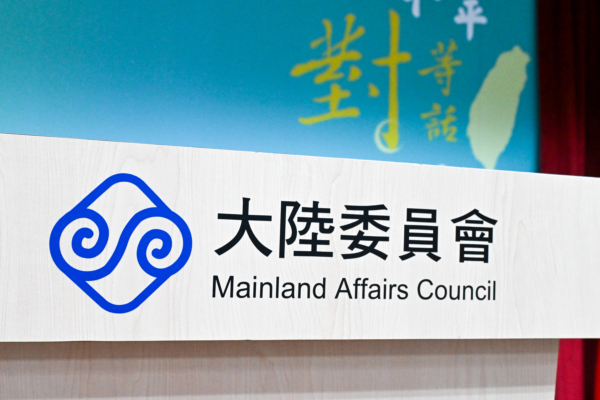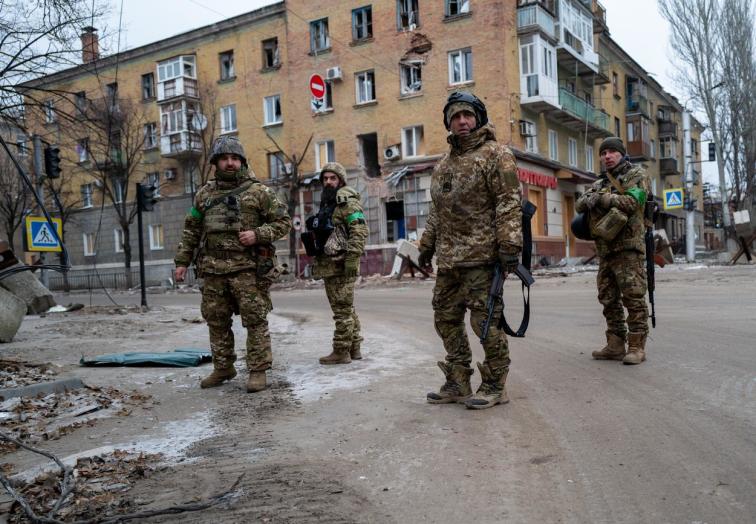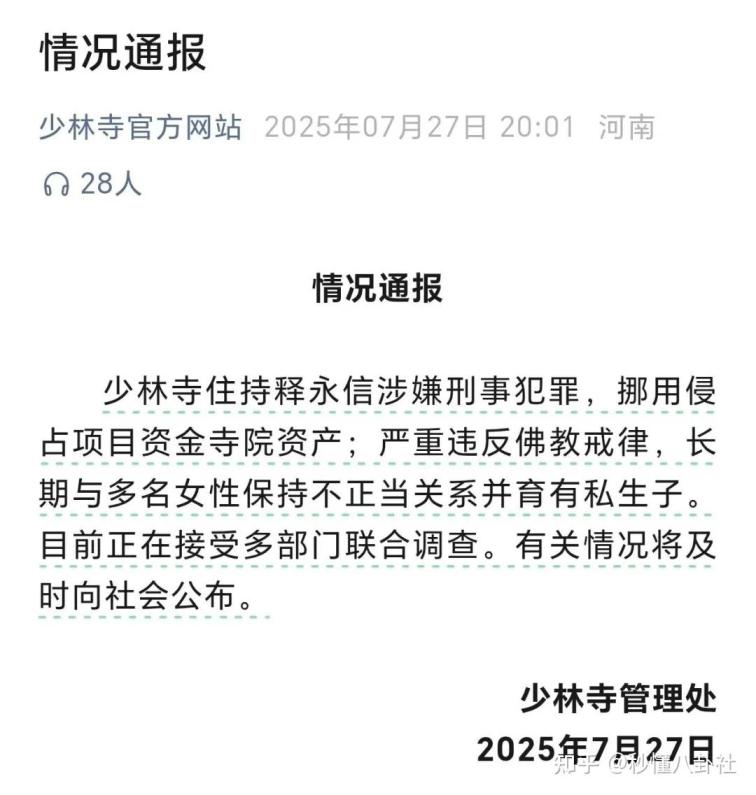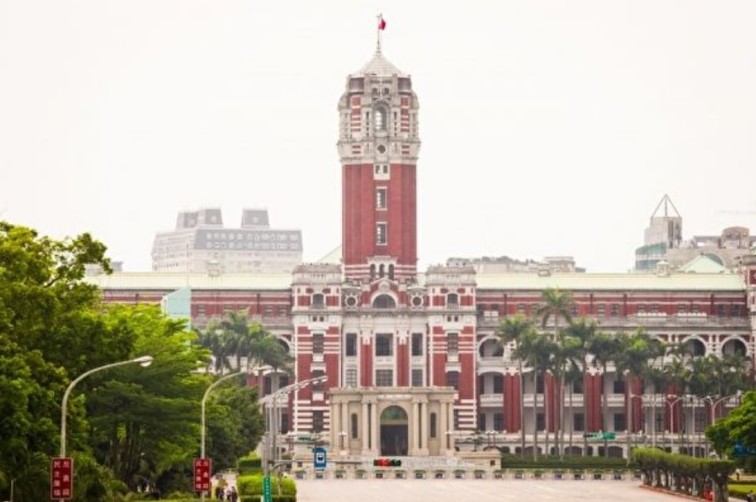Taiwan Mainland Affairs Council file photo. (Credit: Song Bilong /Dajiyuan)
[People News] On July 26, Taiwan held the largest recall vote in the history of the Republic of China, determining the fate of 24 Kuomintang (KMT) legislators and the mayor of Hsinchu City, who were accused of having pro-Communist tendencies. The results showed that all recall proposals failed. Data indicated that nearly 4 million people participated in the voting, and both the KMT and the Democratic Progressive Party (DPP) acknowledged the election results, once again impressing the outside world with the maturity of Taiwan's democracy. An unexpected twist emerged from this vote, as an online survey conducted by mainland netizens revealed that 90% supported the recall of pro-Communist KMT legislators. It is estimated that the Chinese Communist Party (CCP) would be shocked by this outcome, especially given the current situation where the CCP is strengthening internet surveillance, yet Chinese netizens dared to express their true thoughts, which is commendable.
According to reports from New Tang Dynasty Television, on July 17, a prominent Weibo user, Lei Xiying, the chairman of the Chinese Strait Research Institute, a pro-unification think tank, conducted a voting survey on mainland Weibo asking, "As a netizen from mainland China, what are your expectations for the major recall? Why?" A total of 11,000 people participated in the vote, with the proportion supporting a DPP landslide victory far exceeding that of the opposition. Among them, those who supported the DPP's overwhelming victory, hoping for complete control over the island, received 9,573 votes, accounting for a staggering 87%; while those supporting a DPP defeat garnered only over 600 votes, merely 6%.
In the comments section below, some voices clearly support the Democratic Progressive Party's (DPP) significant victory over the Kuomintang (KMT). Comments such as "Go for it, eliminate the KMT, and fully recall them" and "Completely eradicate the KMT," reflect this sentiment. Others state, "Great recall, great success," and note, "Looking at the comments, most agree that the great recall was a success; it seems people enjoy the spectacle without worrying about the consequences!"
However, there are also those who continue to issue threats of military unification, saying, "Leave the island but not the people," and believe that recalling all blue legislators could hasten "unification": "When Taiwan has almost no compatriots left, we will have fewer concerns and psychological burdens." They argue, "The KMT must be eliminated to speed up unification," and assert, "Complete recall; they no longer have any value!"
In response, a friend from the Guangdong Daily humorously pointed out that the 'public opinion' across the strait appears to be 'unified'.
On the same day, on the overseas X platform, a user named '孤煙暮蟬', linked to the Guangdong propaganda department, conducted a survey titled, "As a Chinese netizen, what are your expectations for the results of the great recall?" The results indicated that out of 3,109 votes, the option "Support the DPP's great victory, expecting it to fully control the island" garnered 63% support, while the option "Hope the DPP suffers a great defeat, expecting it to continue losing public support" received only 25% support.
This suggests that Chinese netizens, both domestically and abroad, overwhelmingly support the recall of pro-Communist KMT legislators, expressing concerns about the CCP's infiltration into Taiwan.
Although the recall proposal ultimately fell short, it carries significant implications.
Japanese senior media figure Yaban Akio shared his thoughts on the X platform, summarising his personal insights on the failure of the recall effort: First, the echo chamber may be too insular. Many recall activities failed to engage with audiences outside this echo chamber. Events were held one after another, but most participants were familiar faces. Second, there was a blind optimism regarding the situation, leading to an underestimation of the challenges in many areas. Third, the Democratic Progressive Party (DPP) did not provide sufficient support for the recall group. Although President Lai Ching-te emphasized the importance of 'supporting the recall' during internal DPP meetings, the party's backing for the recall group has been consistently 'half-hearted.' They maintained a distinction between 'the recall group and the DPP,' which ultimately prevented a full collaboration between the two forces. He remarked, 'Looking at today's results, many electoral districts failed to mobilise the votes of the DPP's core supporters. Unbeknownst to them, the opposing camp had already viewed this election as a life-and-death battle between blue and green factions and mobilised their resources accordingly.'
Yaban Akio noted that despite the failure of this recall, the dedication and efforts of the recall volunteers represent a significant milestone in the protection of Taiwan, carrying important historical significance.
He stated, 'This failure indicates that the path ahead for Taiwan will be even more challenging, with increased infiltration from the Chinese Communist Party.' 'Those who show disloyalty to the nation, flirting with Taiwan's greatest adversary; unprofessional governance, indiscriminately slashing budgets, and sometimes not even being aware of what has been cut; failing to reflect on mistakes, and not acknowledging or apologizing for the illegal actions of their party members—I find it hard to believe that the voters in Taiwan would consider these legislators to be competent.'
Numerous users on X shared their opinions in the comments.
"One No": "The analysis is reasonable. In a situation where life and death are at stake, the Zhongshan wolf fights desperately, but unfortunately, the scholar is overly concerned with martial ethics. When will the Democratic Progressive Party produce talents like Trump?"
"Tiger Brother Big Muscle": "How many Chinese ideological videos are broadcast in Taiwan each year? On the other hand, how many Taiwanese films and television shows are aired in China? Almost none! The infiltration by the Chinese Communist Party is far too serious."
"Richard Ho": "The recall vote fell just short of success. I hope everyone can respect this outcome, and we must also take the time to reflect seriously and work together to protect Taiwan's democratic constitutionalism."
What has transpired in the Legislative Yuan over the past year?
According to reports from New Tang Dynasty, Keelung City Council Speaker Tong Ziwei explained on his Facebook page, "What has truly happened in the Legislative Yuan this year? How did we arrive at this massive recall?"
The post details: In February 2024, foreign media reported that the Chinese Communist Party intended to use the "Legislative Yuan" as a battleground to infiltrate Taiwan's democratic system. In April 2024, Fu Kuanqi led 17 Kuomintang legislators to mainland China to meet with Wang Huning, the head of the CCP's United Front Work Department. In May 2024, after Fu Kuanqi returned to Taiwan, the congressional power expansion bill was swiftly initiated, with no review, no negotiation, and no explanation—only three readings, passed through majority force.
In December 2024, after the Constitutional Court ruled the power expansion provisions unconstitutional, the Kuomintang and the Taiwan People's Party jointly boycotted the nomination of the Grand Justices, preventing the Constitutional Court from convening. This marks the first genuine constitutional deadlock in Taiwan's constitutional system.
In January 2025, the Blue and White coalition slashed over 200 billion yuan from the budget, including 90 billion yuan from the defence budget, as well as cuts to the Ministry of Culture and public broadcasting. Even the budget for the Criminal Investigation Bureau's anti-fraud initiatives was reduced, demonstrating a firm stance in retaliatory boycotts against the executive branch.
In February 2025, Blue and White legislators revised the law to limit the right to recall, raising the threshold for initiating recall votes and requiring a copy of the ID card, aiming to stifle the voice of the people.
During the first half of 2025, the draft National Security Law was blocked by Blue and White legislators over 50 times. During this period, several bills that posed risks of Chinese infiltration were introduced, including a proposal to shorten the naturalisation period for Chinese spouses to four years and Chen Yuzhen's proposal for the 'Special Zone Regulations for Trade in Services on Outlying Islands' to allow healthcare resources to be accessible to Chinese nationals.
The post asserts that the Legislative Yuan in Taiwan is increasingly becoming outrageous, with actions such as expanding congressional powers, paralysing the constitutional court, indiscriminately cutting budgets, freezing national defence, restricting recalls, blocking the National Security Law, and the intervention of China's Taiwan Affairs Office. In a normal democratic country, it is certainly possible to feel that the Democratic Progressive Party is lacking and even to criticise the government. However, when every decision made by a political party undermines Taiwan's defence, challenges our (Taiwan's) constitutional order, and aligns with China's interests, this transcends internal politics and poses a threat to national security.
The post concludes by stating that today's recall is not merely a conflict between the Blue and Green parties, nor is it directed at specific individuals; it represents a collective demand from the people of Taiwan: we do not want a parliament that undermines Taiwan on behalf of China (the Communist Party). △











News magazine bootstrap themes!
I like this themes, fast loading and look profesional
Thank you Carlos!
You're welcome!
Please support me with give positive rating!
Yes Sure!